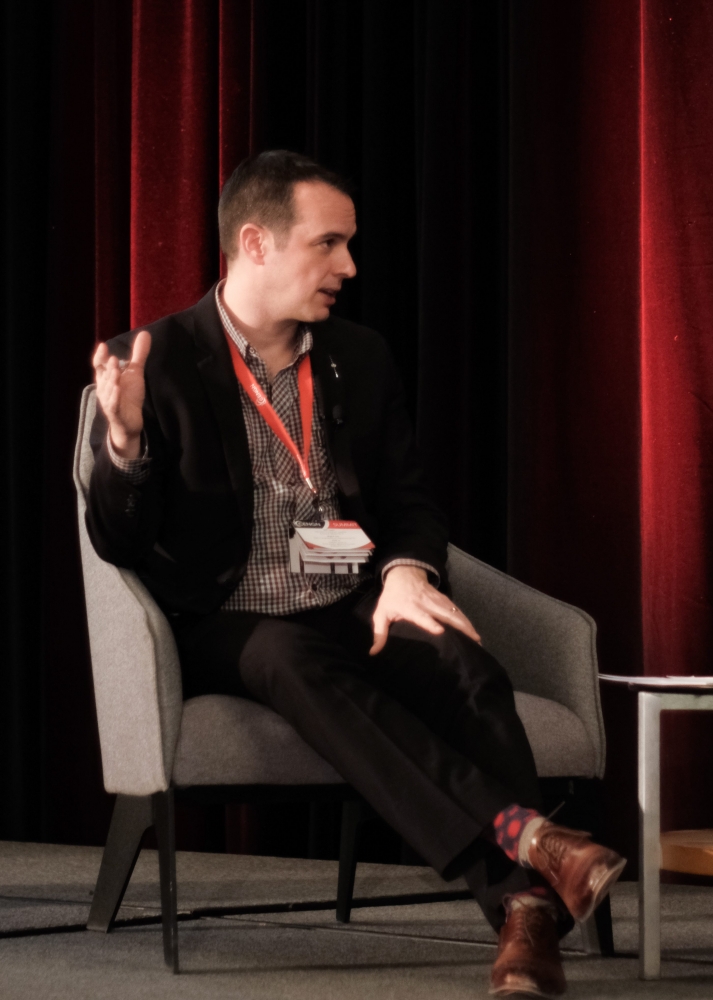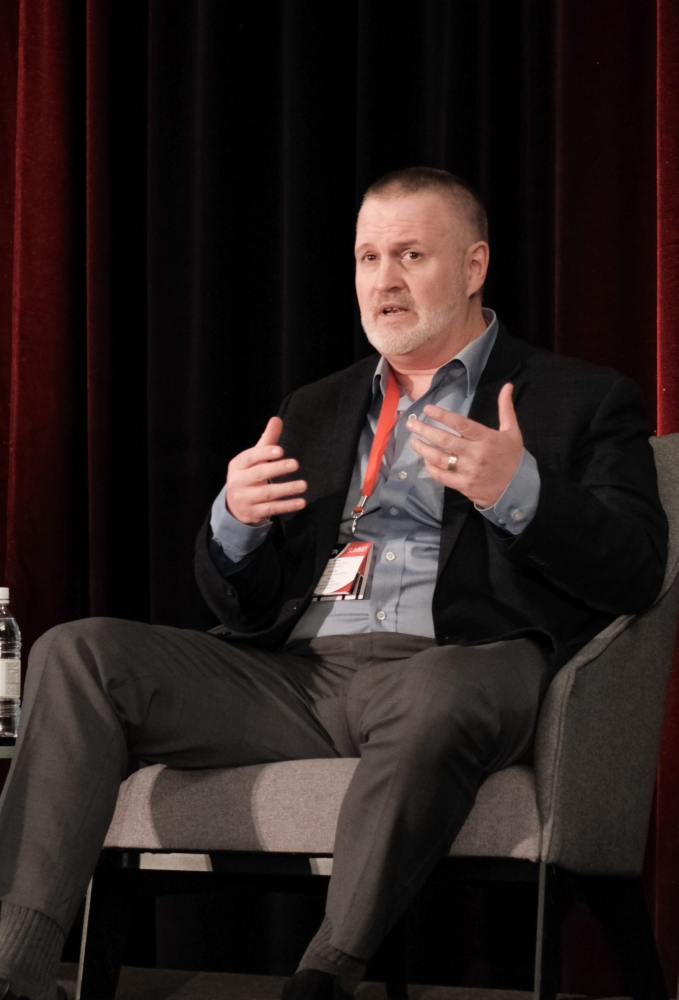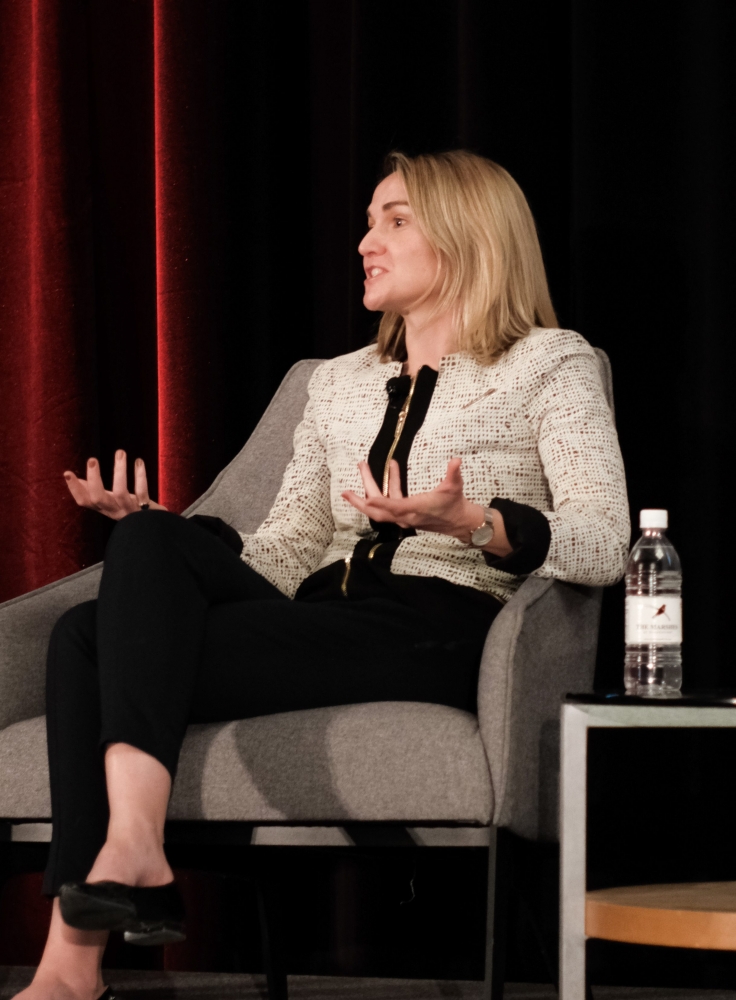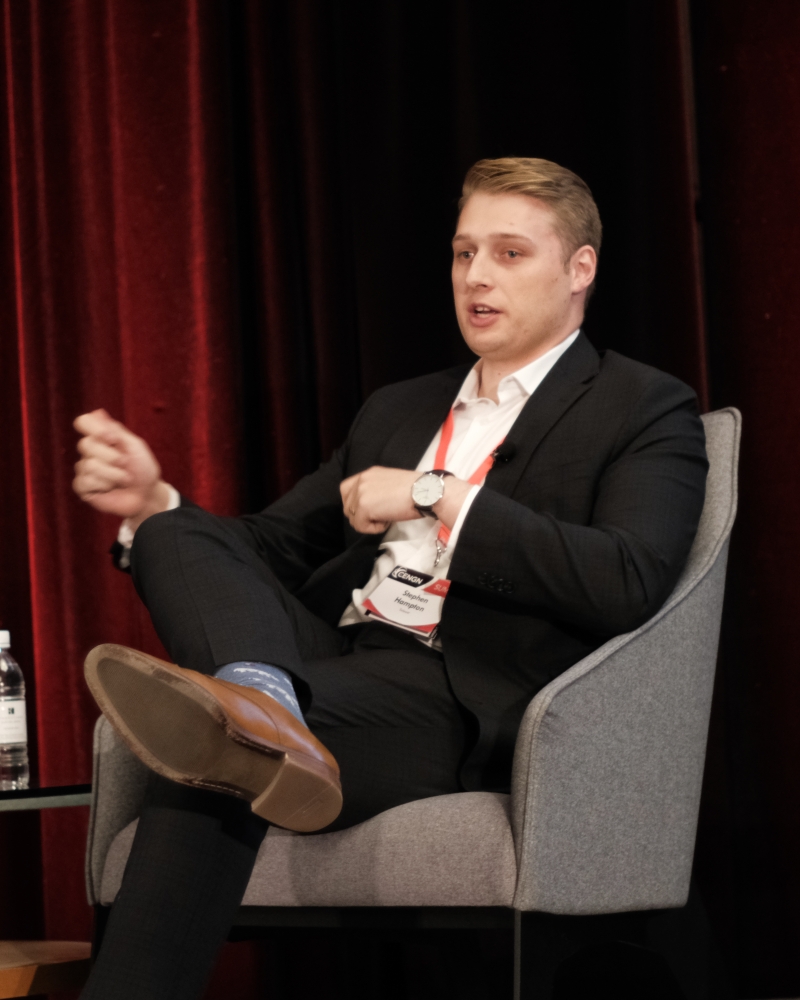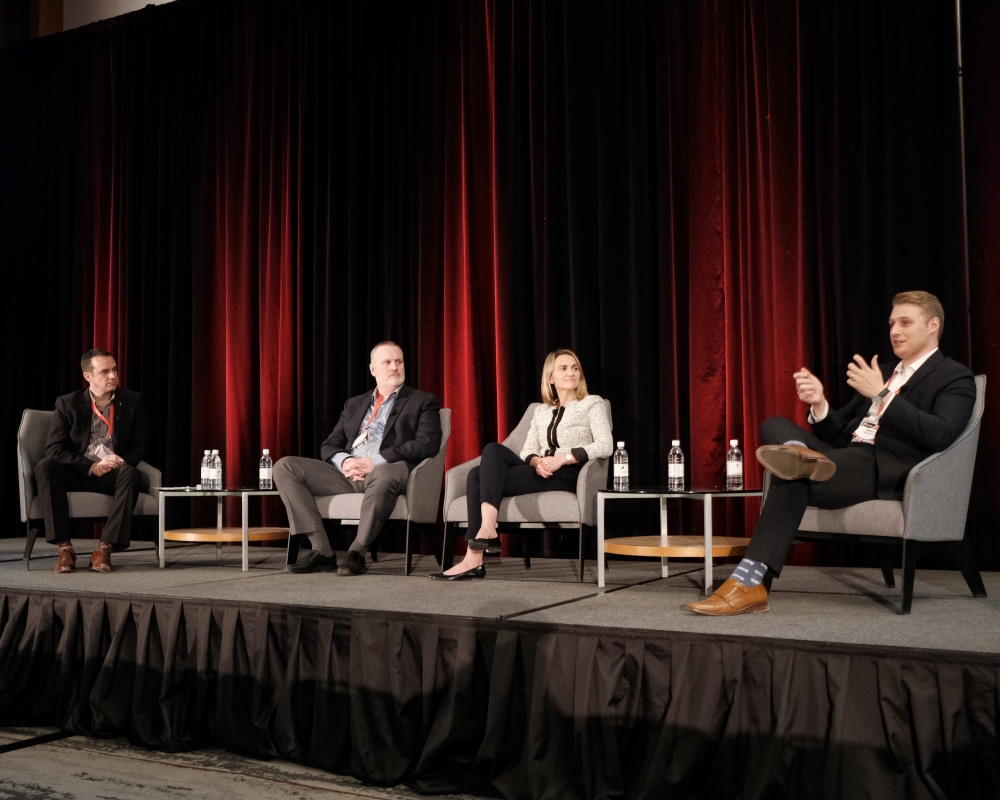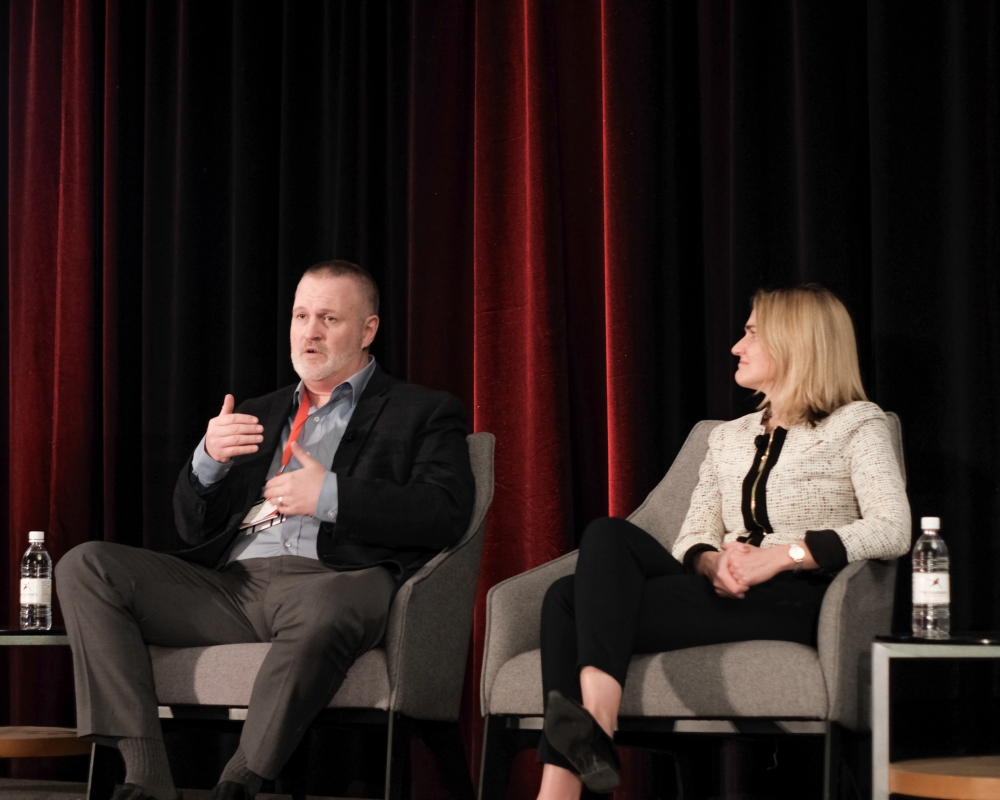Panel
The opportunity of LEO – Solving the Canadian Connectivity Dilemma
While Canada has a long history of innovative telecommunication advancements, the reality is that far too many Canadians – largely in rural, Northern, and Indigenous communities – lack access to affordable high-speed Internet connectivity. While several environmental and socio-economic factors have led to this; remoteness of communities, high costs, difficulty with backhaul access, slow speeds, and limited options, the reality is that in today’s digital society, affordable, high-quality Internet access means community sustainability and prosperity.
Building on Canada’s long history of technological innovations, we are now on the precipice of the next great leap in rural connectivity – Low Earth Orbit (LEO) satellite constellations. LEO constellations consist of hundreds of satellites orbiting the earth at ~1,000 km beaming down high-speed Internet, everywhere. Many see LEO as an answer to rural, Northern, and Indigenous connectivity because it can deliver an affordable, fiber like Internet experience, at a much lower cost, and in a much quicker time, compared to terrestrial alternatives.
This panel will explore what it will take to make LEO connectivity a reality for Canada’s northern, Indigenous and remote communities, with special focus on the opportunities with LEO from launch, to network, to end-user.
Speakers
-
Ryan AndersonPresident, Satellite Canada Innovation Network
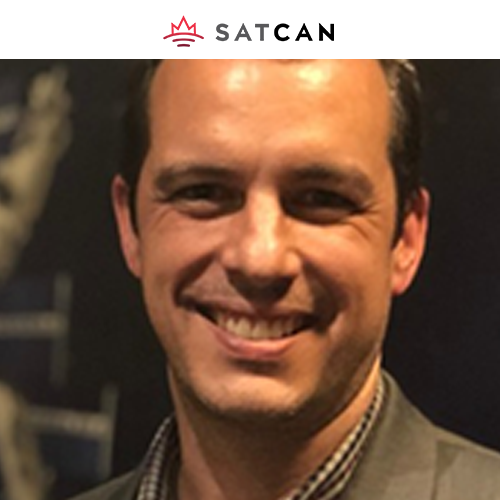
-
Tim BrownDirector, Community Infrastructure, Community and Government Services, Nunavut
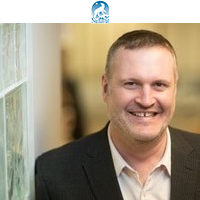
Panel: The Opportunity of LEO – Solving the Canadian Connectivity Dilemma
Ryan is the founder and President of Satellite Canada Innovation Network, a not-for-profit industry association dedicated to driving the competitiveness of the Canadian space industry. Satcan provides strategic consulting services to small and medium enterprises and recently brought together a $15+M advanced optical satcom consortium, in collaboration with the National Research Council.
A professional engineer with over 13 years’ experience, Ryan has worked on dozens of satellite programs spanning design, development, procurement and operations. Most notably, as lead of Telesat’s innovation program, Ryan was instrumental in the early development of Telesat’s LEO constellation. Other highlights include work on COSPAS-SARSAT, PCW, Anik F2, Anik G1, Nimiq 6, and Urthecast’s OptiSAR constellation.
An active member of space and engineering communities, Ryan is also President of the Canadian Space Society, a national association of space professionals, students and enthusiasts. He has led the CSS to a contribution from Global Affairs Canada to support a Canada Pavilion at the International Astronautical Congress and in successful Canadian Space Summits in 2013, 2017, 2018.
Ryan serves on the Board of Advisors for the Students for Exploration and Development of Space and Launch Canada Rocketry Association. In the past, he has volunteered for the National Research Council’s Marsville and Engineering Challenge programs to encourage Canadian students to pursue careers in science and engineering and served as Lead Engineer on the 31st Crew at the Mars Desert Research Station.

Tim Brown
Panel: The Opportunity of LEO – Solving the Canadian Connectivity Dilemma
Experienced Senior Manager with a demonstrated history of working in the government administration industry. Skilled in Public Sector policy analysis and programs, Nonprofit Organizations, Budgeting, Business Planning, Operations Management, and Coaching. Strong operations professional with a Bachelor of Arts (B.A.) focused in Canadian Studies/Philosophy from Trent University.
“Innovation is a way of life for Northerners. Better access to transformative technology is critical for the development of Nunavut.”
-
Ariane CornellDirector of Astronaut & Orbital Sales, Blue Origin
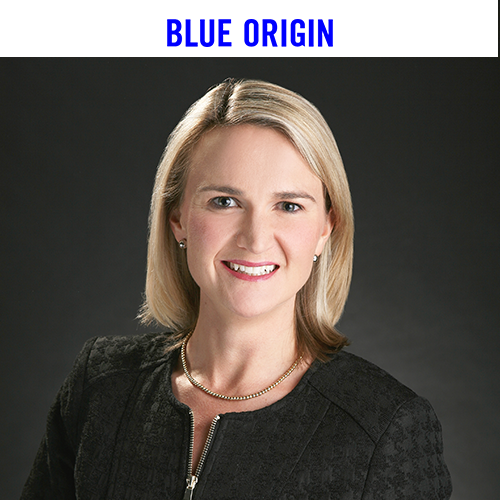
-
Stephen HamptonGovernment Affairs, Telesat

Panel: The Opportunity of LEO – Solving the Canadian Connectivity Dilemma
Ariane Cornell is the director of Astronaut and Orbital Sales at Blue Origin. Cornell was formerly based in Vienna, Austria as the executive director of the Space Generation Advisory Council in Support of the United Nations Programme on Space Applications (SGAC). She headed SGAC’s delegations to international conferences and the United Nations, as well as ran the organization’s operations, business development, strategy, and policy output. She supports the international aerospace community in other capacities and organizations, is currently on the board of the Society of Satellite Professionals International (SSPI), and has served on the board of Women in Aerospace – Europe. Previously, Cornell worked in international management consulting, first with Accenture based in San Francisco as an analyst, and then with Booz Allen Hamilton in Washington, DC, as a senior consultant. She earned an MBA from Harvard University and a Bachelor of Science degree with honors from Stanford University.
“Transformative technology has the power to direct whole societies, hence inclusion in its development is imperative.”
Panel: The Opportunity of LEO – Solving the Canadian Connectivity Dilemma
Stephen Hampton joined Telesat in the fall of 2018 where he is responsible for government affairs. Prior to joining Telesat, Stephen worked at TELUS on the government and regulatory affairs team where he focused on public policy issues aimed at delivering a more connected and innovative Canada.
Prior to joining TELUS, Stephen was a Consultant with Crestview Strategy where he worked with some of the largest and most innovative companies in the world, helping them to better understand and navigate the political and regulatory environment in Ottawa.
Stephen obtained an undergraduate degree from the University of Ottawa.
“Access to high-speed Internet is a necessity in today’s digital society and we need to embrace new and innovative approaches to connect everyone.”


